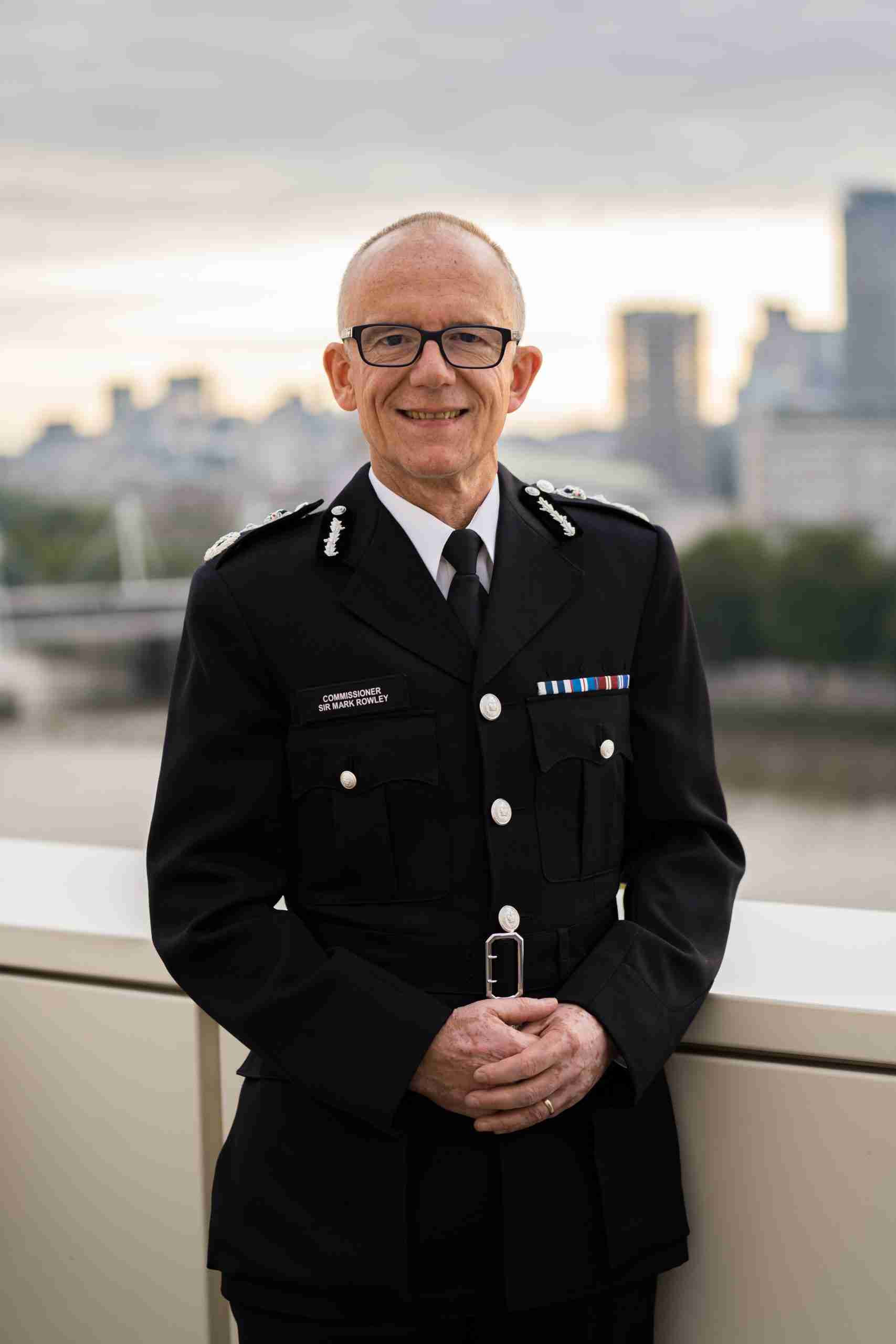The Leadership of Sir Mark Rowley in the Metropolitan Police

Introduction
Sir Mark Rowley’s role as the Commissioner of the Metropolitan Police has gained significant attention since his appointment in September 2022. His leadership is pivotal at a time when public trust in law enforcement is under scrutiny, and safety concerns are at the forefront of societal issues. Rowley’s commitment to reform and address policing challenges makes this topic particularly relevant.
Background and Appointment
Sir Mark Rowley, who previously led the Metropolitan Police’s counter-terrorism unit, was named Commissioner following a rigorous selection process. His predecessor faced criticism over the handling of various incidents, including issues of misconduct and safety within the police force. With over 30 years of experience in policing, Rowley aims to restore faith in the Metropolitan Police amid growing public scrutiny and calls for accountability.
Key Initiatives
Since taking office, Rowley has launched multiple initiatives aimed at reversing declining public confidence in the police. A considerable focus has been placed on tackling violent crime, enhancing community engagement, and implementing better training for officers to deal with domestic violence and sexual offences. Furthermore, he has initiated a campaign to increase the number of police officers deployed in neighbourhoods, which Rowley believes is essential for rebuilding community relations.
Addressing Challenges
Rowley has not shied away from acknowledging the challenges faced by the Metropolitan Police. High-profile scandals and incidents of police misconduct have marred the reputation of the force. Under his leadership, there is a strong push for greater transparency and robust accountability mechanisms to address these issues head-on. His commitment to cultural change within the department is focused on fostering an environment that prioritises integrity and service.
Public Perception and Future Outlook
The reception of Sir Mark Rowley’s leadership style and policies has been mixed. Although some see hope in his proactive approach, scepticism remains among members of the public and various community organisations. With public trust essential for effective policing, Rowley’s forthcoming plans will be closely scrutinised. As he progresses in his role, the essential challenge will be to strike a balance between enforcing the law and ensuring community safety while restoring public confidence.
Conclusion
In conclusion, Sir Mark Rowley’s impact on the Metropolitan Police will significantly influence the future of policing in London. His strategies will determine not just the operational effectiveness of the force but also its relationship with the communities it serves. As policing continues to evolve, Rowley’s leadership may become a blueprint for other forces in the UK facing similar challenges. The coming years will be crucial in assessing the significance and success of his initiatives.
You may also like

The Rising Threat: An Overview of Modern Dangers

Current Trends in Crime: An Overview

The Evolving Role of the Manager in Modern Business
SEARCH
LAST NEWS
- Remembering Wendy Richard: The Promise to Co-Star Natalie Cassidy
- How Did Anglian Water Achieve an ‘Essentials’ Rating for Mental Health Accessibility?
- Shai Hope Leads West Indies in T20 World Cup Clash Against South Africa
- What We Know About Weston McKennie: Future at Juventus and Past at Leeds
- What We Know About the Upcoming Live Nation Antitrust Trial